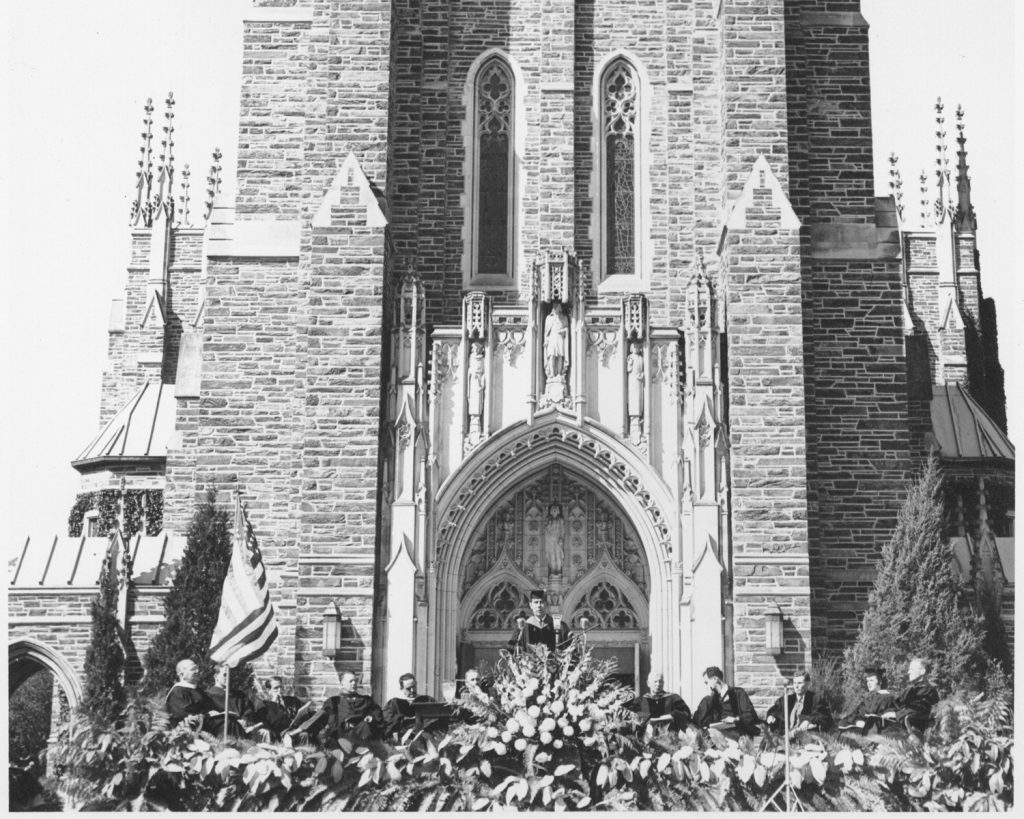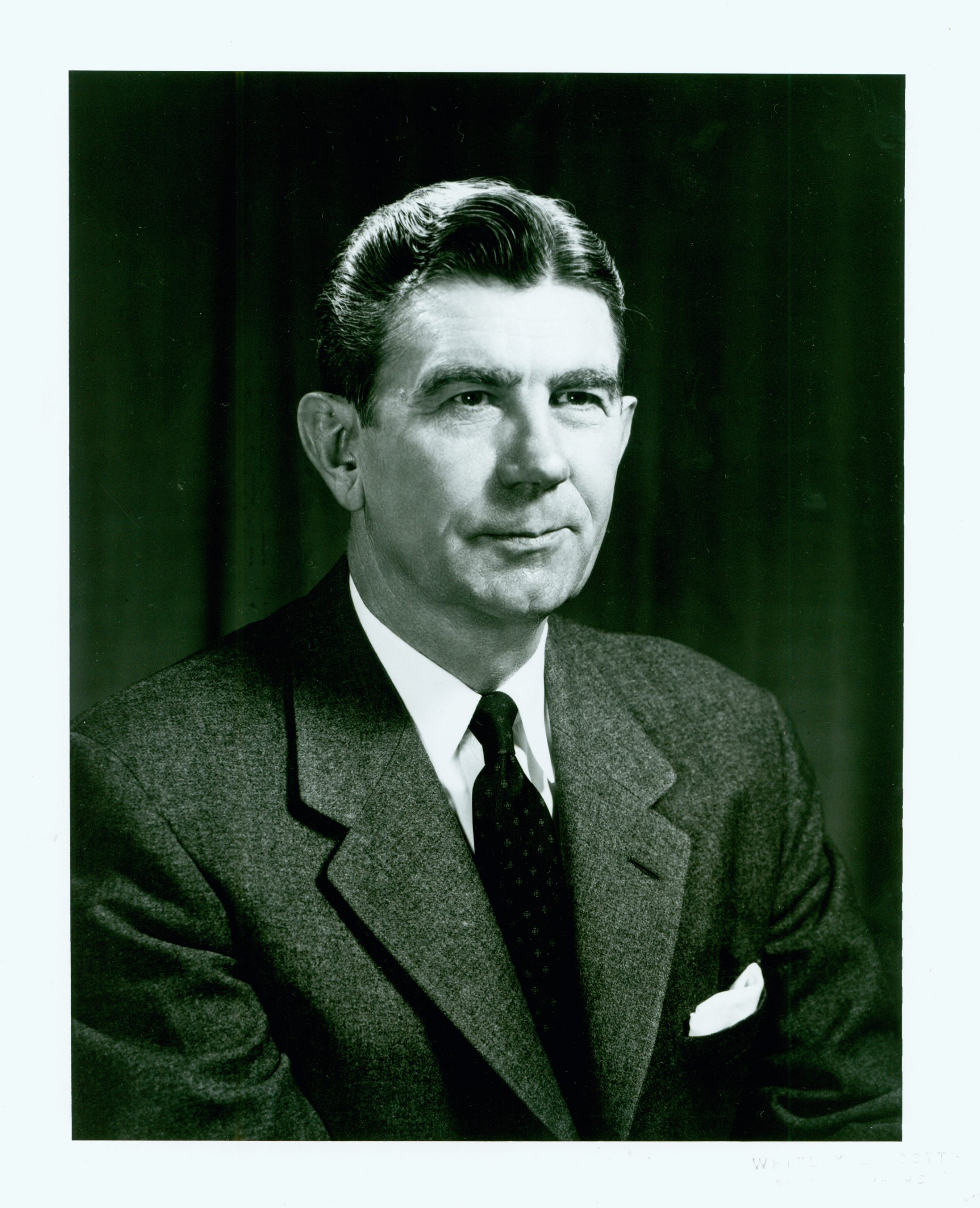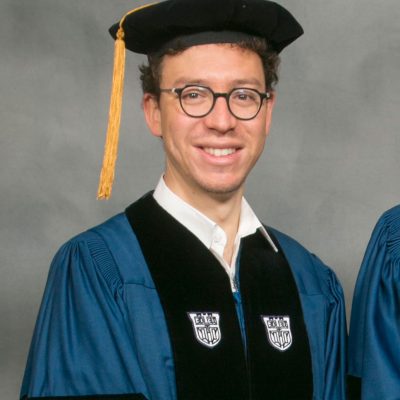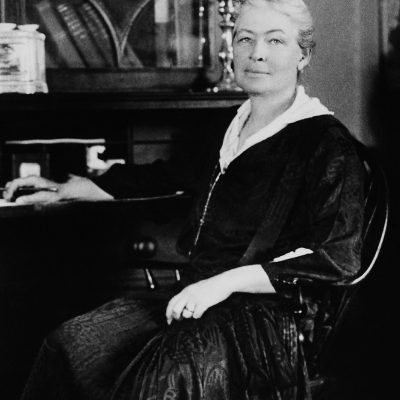Arthur Hollis Edens stood out as a leader early on. He began teaching in 1926 and by 1930 was a principal at the Cumberland Mountain School, in Tennessee. By 1937 he entered higher education as associate dean of the Emory Junior College in Valdosta, Ga. Ten years later in 1947, he became vice-chancellor of the University System of Georgia and two years after that, in 1949, was named president of Duke University.
He became the third president after Duke transitioned from a college to a university and the first president hired from outside the university since 1894.
Edens arrived at a time of transition. His goal was not to build out but to build up Duke. He focused on increasing enrollment, improving faculty salaries and growing the graduate program. Edens focused on fundraising and launched a capital gifts program and a national development campaign.

“Never before had we sought sizeable sums from either alumni or the general public. Indeed, the magnitude of James B. Duke’s Indenture had been such as to encourage the uninformed public to believe that Duke University never would require additional capital,” he said.
Thanks to the success of his fundraising efforts, Duke began to build its endowment and expand its programs.
He was also instrumental in the creation of the James B. Duke Endowed Professorships and the organization of a student union. He also vigorously defended academic freedom during the McCarthy Era.
Edens served as president until 1960 when he resigned following a dispute with administrator Paul Gross over Duke’s long-range plans, which he considered expansive and extravagant.
He became the first executive director of the Mary Reynolds Babcock Foundation, where he again was instrumental in fundraising. He remained there until 1966 when he retired and moved to Decatur, Ga. Two years later he died of cancer.





